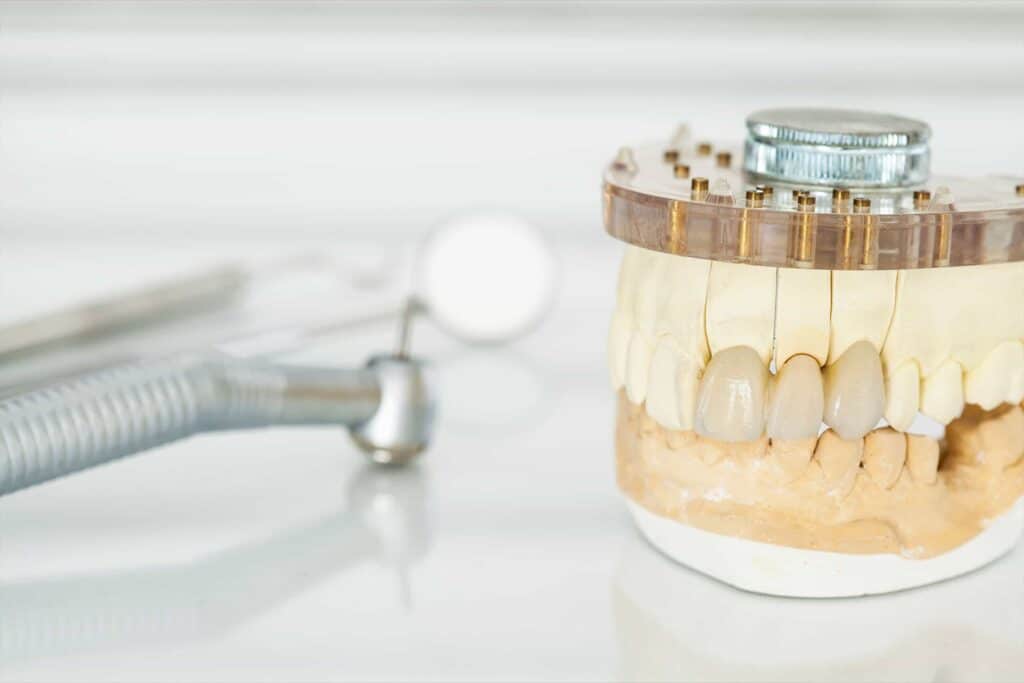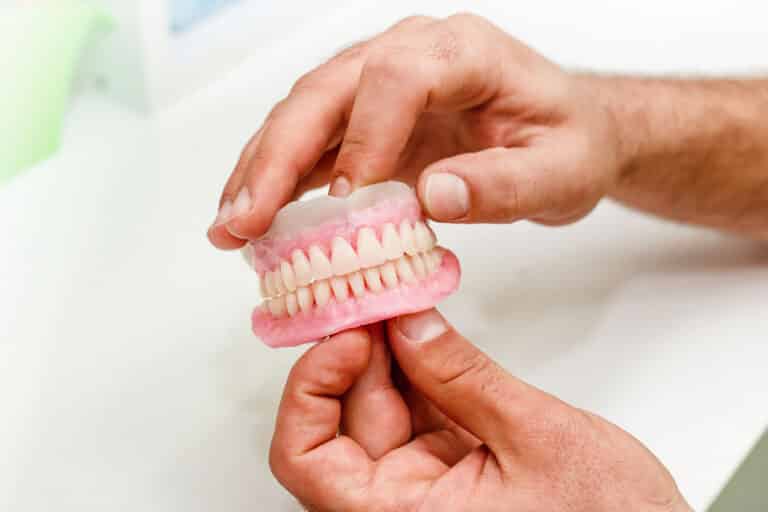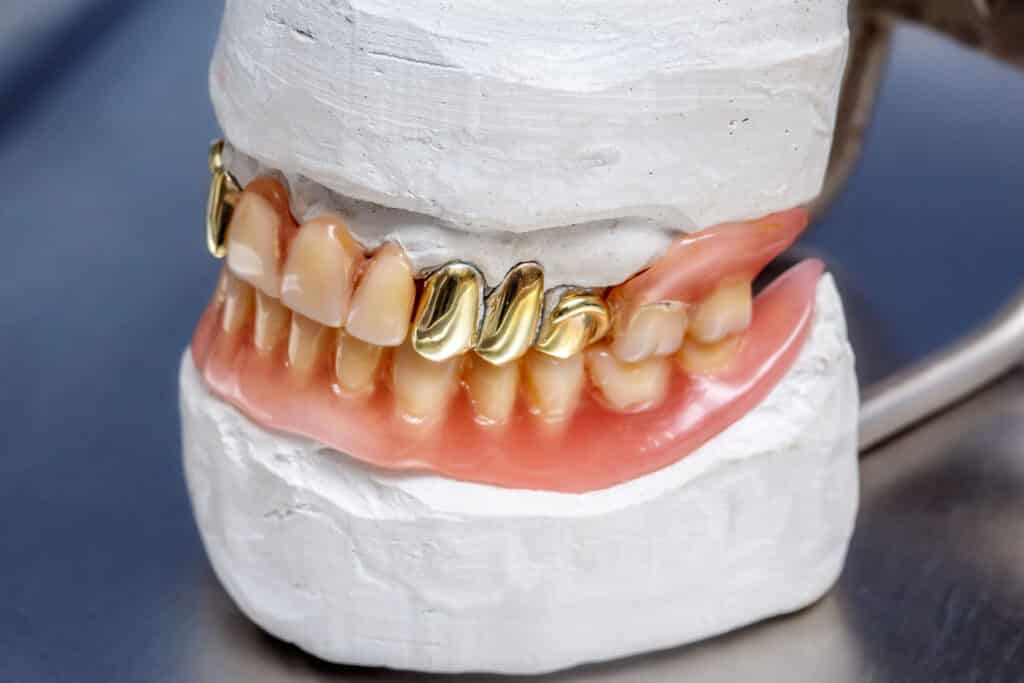If you hear your dentist refer to something called aphthous ulcers, they’re talking about canker sores. Canker sores are small, shallow lesions that show up in the soft tissues of the mouth and around the base of the gums. They are not the same as cold sores, as they don’t appear on the surface of the lips.
Canker sores are not contagious, but they can be extremely painful, and make attempts to eat or drink difficult. While most of them disappear on their own in one to two weeks, unusually large or painful sores should be checked by a dentist or general physician. This rule also applies to sores that won’t heal.
Anyone who has experienced one will likely tell you that they hurt. A canker sore is an open sore inside the mouth, which is constantly in contact with food or drinks which is uncomfortable. To get immediate relief, there are prescription and over-the-counter pain medications that can help you with the pain.
How Do You Get Canker Sores?
Though specialists and experts aren’t too sure why some people are more prone to getting them than others, there are many factors that can trigger the development. Canker sores can be a result of the following:
- Micro/local trauma
- Chemical injuries
- Physical or emotional stress
- Food allergies
- Genetic factors
- Immune dysregulations
- Vitamin deficiencies
- Infections
- Smoking
There are instances where immune system issues or certain diseases that affect the immune system that may play a role in the development of these sores. These can include:
- Lupus
- Celiac Disease
- Ulcerative colitis
- Crohn’s Disease
- AIDS
In some instances, canker sores could be linked to nutritional deficiencies. Overall, anyone can get a one at any point in their lives. More studies are needed to find out the exact reason why canker sores appear, however they may not happen anytime soon. This is because they resolve by themselves and don’t have any major health consequences, so there is not a huge practical need to determine the etiology.
What’s the Difference Between Cold Sores and Canker Sores?
Both canker sores and cold sores can be painful, but it’s important for everyone to understand that they’re not the same. Canker sores and cold sores have some pretty stark differences when it comes to a side by side comparison.
Canker Sores
They only occur on the inside of your mouth and usually pop up in the following locations:
- Inside your lips or cheeks
- Along the gumline and on your gums
- Below or on top of your tongue
- The soft palate
It’s common to notice a tingling or burning sensation in the area before a canker sore shows up. They tend to be oval or round, and can appear yellow or white with a red or pink border. They can vary greatly in size, and the larger ones can be painful and challenging to heal.
Cold Sores
Cold sores are completely different from canker sores, and result from an HSV (Herpes simplex virus) infection. Your symptoms will depend on how long you’ve had the virus, but those suffering from a new infection typically experience the following:
- Pain when swallowing
- Sore throat
- Flu-like symptoms, including nausea, fever, body aches and pains, a headache, and swollen lymph-nodes
- Tingling and burning closely followed by the development of painful cold sores around the lips, in the mouth, or on the nose
Cold sores tend to present as large blisters on the outer lips. They look and are very uncomfortable.
Though canker sores have the ability to make life pretty miserable, unlike cold sores, they are not contagious.
How Do You Get Rid of Canker Sores?
There are various methods for treating canker sores, ranging from over-the-counter medication to home remedies. How you treat yours depends on how painful or large they’ve become. If it require an office visit, your doctor or dentist will prescribe an alcohol-free mouthwash typically containing dexamethasone or lidocaine. Laser therapy may also help speed up healing. You may also be able to find an OTC mouthwash containing lidocaine at your local drugstore.
Other than mouthwashes, there are a couple of OTC options for treating cold sores. These include:
- Topical cream or gel anesthetics containing lidocaine
- Corticosteroids
Additionally some numbing gels can make the canker sore less painful to the touch, however the numbing effect is short lived.
If you’re pregnant or breastfeeding, or attempting any home remedies, check with your doctor or dentist before proceeding. Canker sores can last anywhere from a few days to two weeks. Because they’re painful, it only makes sense that you’ll want to rid yourself of them as soon as possible. There are some fantastic over-the-counter options you can try, but if you find that your canker sore becomes worse with OTC or at-home treatments, reach out to a medical professional right away.





